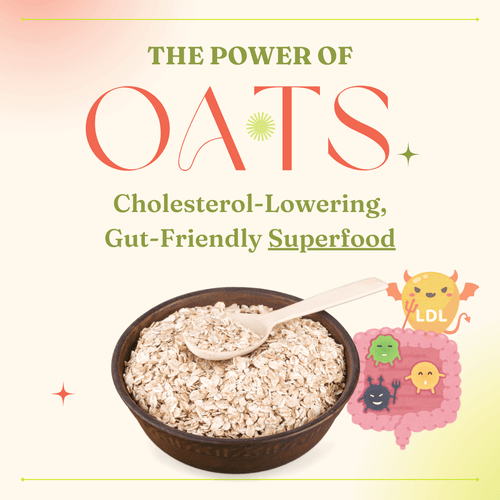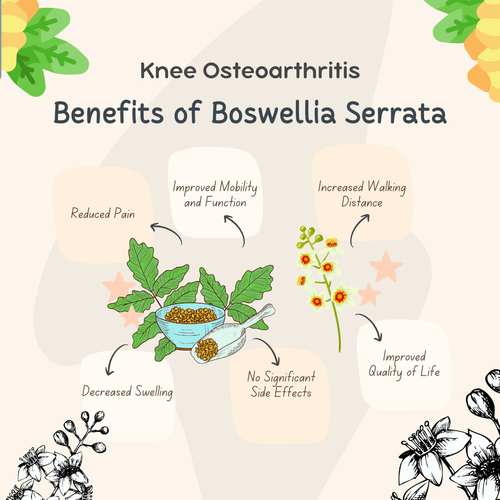
When it comes to understanding osteoarthritis (OA), a common condition that causes joint pain and stiffness, researchers are constantly uncovering new insights. One of the latest findings (Shen P, et.al., 2017) reveals a surprising connection: oxidized low-density lipoprotein (ox-LDL)—commonly associated with heart disease—may also play a key role in worsening joint damage.
Here’s what you need to know, broken down into simple terms:
What Did the Study Find?
Researchers examined cartilage tissue and joint fluid from people with OA compared to healthy individuals. They discovered two major things:
-
Higher ox-LDL Levels in OA Patients
People with OA had significantly more ox-LDL in their joint fluid compared to healthy individuals.
-
A Key Receptor, LOX-1, is Involved
OA patients also showed higher levels of a receptor called LOX-1 in their cartilage. This receptor interacts with ox-LDL.
How Does ox-LDL Harm Joints?
The study used lab experiments to simulate what happens in joints. When ox-LDL and a protein called tumor necrosis factor-α (TNF-α) were present together, they caused chondrocyte death. (Chondrocytes are the cells that maintain healthy cartilage.)
Interestingly, the process involved autophagy, a cellular self-cleaning mechanism that, when misregulated, can lead to cell death. Blocking either LOX-1 or autophagy pathways reduced this harmful effect.
Why Is This Important?
This research highlights a new mechanism behind cartilage breakdown in OA. It suggests that ox-LDL isn’t just bad for your heart—it may also harm your joints. Targeting the LOX-1 receptor or regulating autophagy could lead to new treatments for OA.
What’s Next?
This is just one piece of the puzzle, but it’s an important one. If you’re dealing with OA, this research emphasizes the importance of managing your overall health—including factors like cholesterol levels—to potentially slow down joint damage.
By understanding the connections between what we eat, our cholesterol levels, and joint health, we’re one step closer to smarter strategies for preventing and managing osteoarthritis. Stay tuned for more science-backed insights!
Supplements for Arthritis and Joint Pain
Supplements can play a significant role in supporting joint health further. Ingredients such as glucosamine, chondroitin, omega-3 fatty acids, and turmeric have shown promise in managing arthritis symptoms and promoting joint function. For high-quality supplements tailored for arthritis and joint pain, visit our arthritis supplements page to explore trusted options that may help you maintain better joint health.
Reference
Shen P, Zhu Y, Zhu L, Weng F, Li X, Xu Y. Oxidized low density lipoprotein facilitates tumor necrosis factor‑α mediated chondrocyte death via autophagy pathway. Mol Med Rep. 2017 Dec;16(6):9449-9456.









